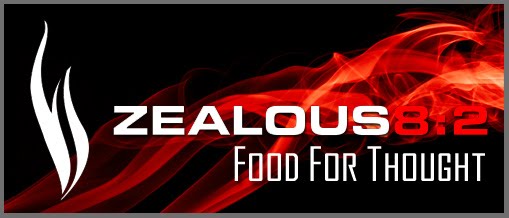This is part 2 of 4 in the teaching series, "Jerusalem, My Home" by Rebecca J. Brimmer, International President and CEO of Bridges for Peace. May you be blessed by reading this teaching letter.
Centrality of Jerusalem
 Ezekiel speaks of
Ezekiel speaks of  Teddy Kollek, one of
Teddy Kollek, one of 
Christians view Jerusalem as the Holy City Jerusalem is the major destination on their pilgrimage to the Holy Land . My father brought groups to Israel Jerusalem for last as the highlight of their Israel Zion , beautiful, beautiful Zion Zion , the beautiful city of God Jerusalem

Jerusalem Jerusalem Jerusalem Jerusalem Jerusalem and Israel Israel Israel United States and asked them: “How big is Israel

I believe the eyes of the world are trained on Israel
By Rebecca J. Brimmer
International President and CEO Photos
www.israelimages.com/Dan Porges
www.bibleplaces.www.israelimages.com/Hanan Isachar com/Todd Bolen
All Scripture is taken from The New King James Version unless otherwise noted.
© 2010
Bridges for Peace holds the copyright on this material. We encourage pastors, Bible teachers, and lay people to use these articles for preaching and teaching, and we hereby grant permission for a limited number of copies for such educational purposes. However, any other reproduction or transmittal of this material in any form—including reprinting, republishing, recording or use with any information storage and retrieval system—requires written permission from BFP International.
Bridges for Peace holds the copyright on this material. We encourage pastors, Bible teachers, and lay people to use these articles for preaching and teaching, and we hereby grant permission for a limited number of copies for such educational purposes. However, any other reproduction or transmittal of this material in any form—including reprinting, republishing, recording or use with any information storage and retrieval system—requires written permission from BFP International.
For the full version of this teaching letter please visit www.bridgesforpeace.com or click on the link provided http://www.bridgesforpeace.com/pics/TLWEB0507.pdf.




